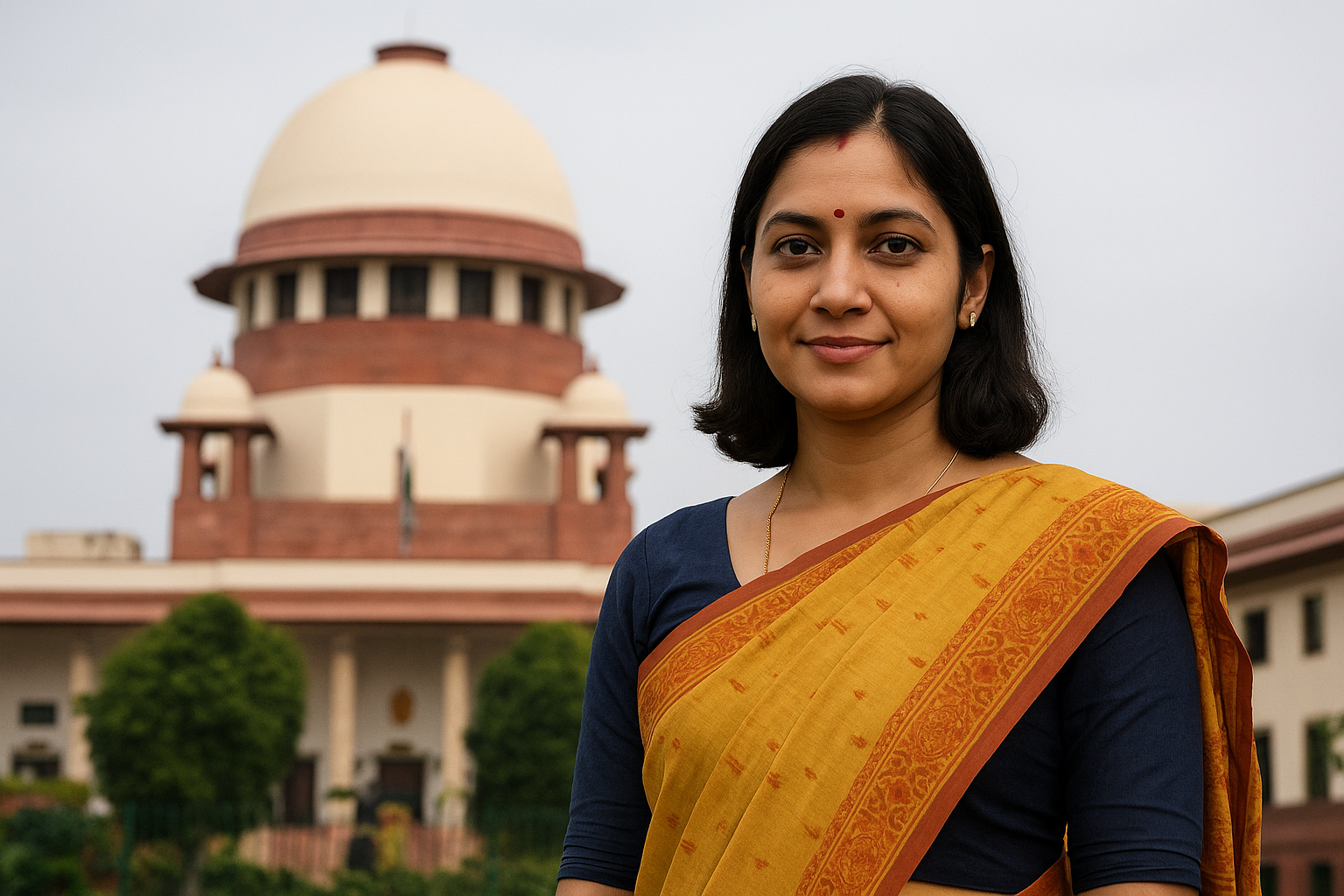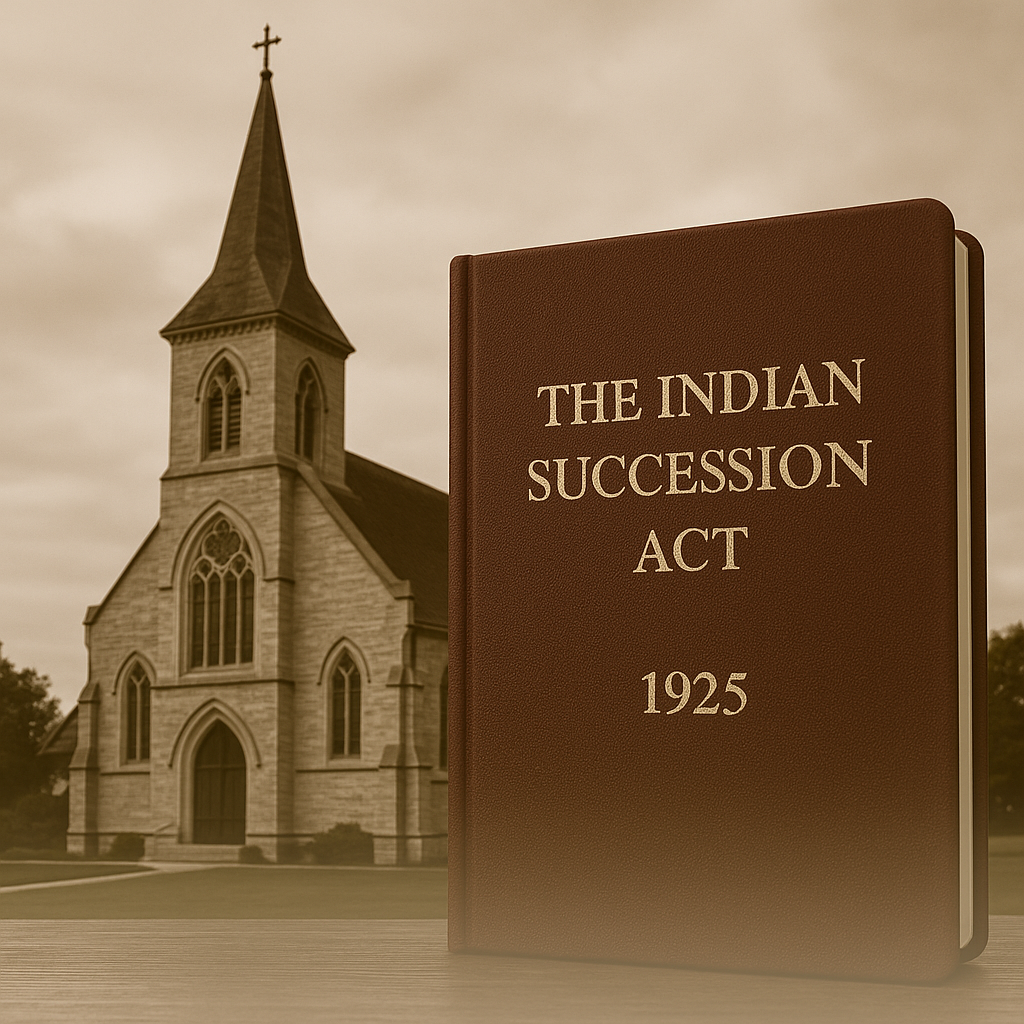Understanding the difference between a nominee and a legal heir is crucial to avoid disputes over insurance payouts.
Why this distinction matters
When the policyholder dies, the insurance company gives the claim amount to the nominee named in the policy. Everyone thinks that the nominee will automatically receive the money. Indian law differentiates between a nominee and a legal heir and it is necessary to know the difference so that the right person can receive the money.
Role of a nominee in insurance policies
A nominee is the one who is nominated by the policyholder to receive the amount of the insurance claim after he is deceased. The nominee is a trustee of the money and is required to keep the money in trust of the lawful heirs. The task of the insurance company is over after giving the money to the nominee. The nominee is not necessarily the owner of the money, except in the case where the nominee is also a lawful heir.
Rights of legal heirs under Indian law
Legal heirs are the ones who are legally eligible to receive the property and the assets of the deceased as per the laws of succession. In case the nominee is not a legal heir, the legal heirs become eligible to receive their share of the insurance amount from the nominee. The nominee cannot deny transferring the amount to the legal heirs. This holds good in the case of the life insurance policies as well as other financial instruments.
Situations that could give rise to conflicts
Disputes primarily arise when the nominee and the legal heirs are two different people. In case a policyholder nominates a close relative or a distant relative but the legal heirs are the spouse and the children, the legal heirs can claim the insurance amount. Similarly, in joint families, there are more than one heir who are eligible for an equal share and therefore disputes in case the nominee tries to claim the entire amount.
How to avoid disputes over insurance payouts
Policyholders may avoid conflicts by making the nominee and legal heirs identical or by signing a valid will clearly stating distribution of properties. Legal advice can be taken while planning estates so that insurance money and other properties may be transferred to the intended beneficiaries without prolonged court battles.
Where there is a Will there's a way. But what if there is no Will? The Allahabad High Court has, in one such a case, upheld the supremacy of succession laws over the Insurance Act.
While hearing a petition filed by a woman from Unnao, the court held that a nominee cannot be considered the absolute beneficiary of the insurance money, emphasizing that the nominee merely acts as a trustee for the legal heirs.
Case background
Kusum, the petitioner, had purchased 15 life insurance policies in the name of her daughter, Ranjeeta, before she got married. Later, Ranjeeta got married to Anand Kumar, before her sudden demise in 2021. She left behind an 11 months old child.
On Ranjeeta’s death, her mother Kusum – who had declared herself as nominee at the time of purchasing policies -- sought to claim the entire insurance amount.
However, Ranjeeta’s husband contested the claim, and the matter reached the Civil Court. It escalated to the Allahabad High Court.
Court’s findings and ruling
The High Court ruled that while the petitioner was the nominee on the insurance policies, she did not have ownership of the policy amounts. The court upheld that a nominee’s role is to act as a trustee for the rightful legal heirs, and the insurance money must be treated as part of the deceased’s estate.
The court directed that the life insurance amounts be excluded from the assets list, with further instructions for the amounts to be placed in Fixed Deposit Receipts under the minor granddaughter’s name until she turns 18.
Expert opinions on the ruling - Importance of making a Will for insurance claims?
Alay Razvi, managing partner at Accord Juris, said, “A nominee under a life insurance policy is not the ultimate beneficiary but merely a trustee for the legal heirs. Nominations alone cannot override succession laws, and families with multiple legal heirs or complex dynamics must take further steps to ensure the policy proceeds reach the intended beneficiaries.”
Tushar Kumar, advocate at the Supreme Court, said, “This ruling underscores that mere nomination is not enough. A well-structured estate plan, including a valid Will or trust, is essential to avoid legal disputes and ensure that the insurance payout reaches the rightful heirs.”
Raadhika Chawla, advocate at the Delhi High Court, pointed out that the ruling makes it essential for individuals to revisit their estate planning.
Conclusion - Significance of effective estate planning
“Section 39 of the Insurance Act does not override succession laws… Policyholders should revise their estate planning by making a clear Will alongside the nomination to ensure that the intended beneficiaries receive the insurance payout without legal disputes.”
On practical steps for families with complex dynamics, she said, “Individuals should create a clear, registered Will aligning with the insurance nomination. The nominee should ideally be the same person named in the Will to avoid disputes.

















